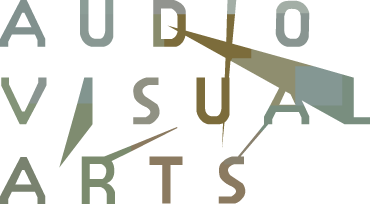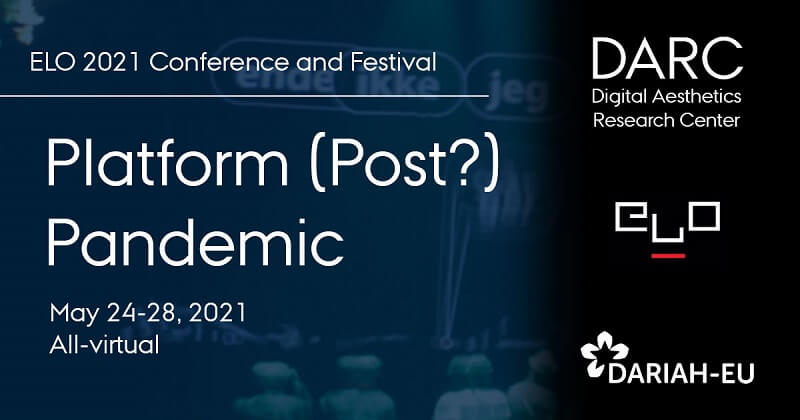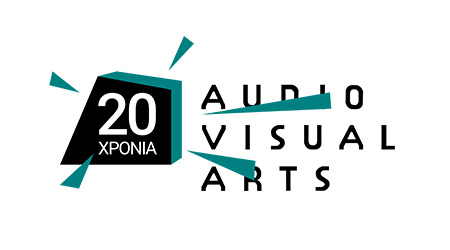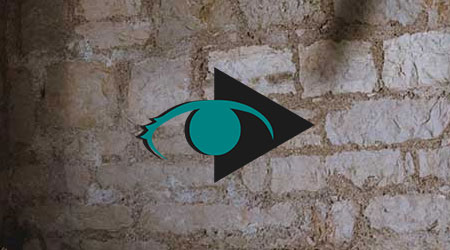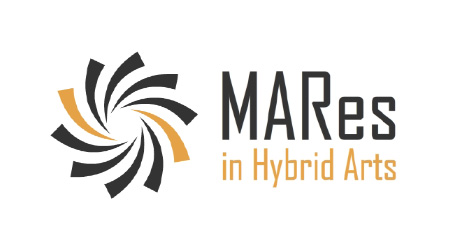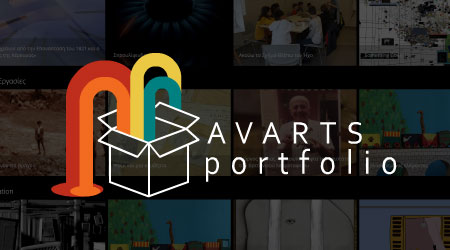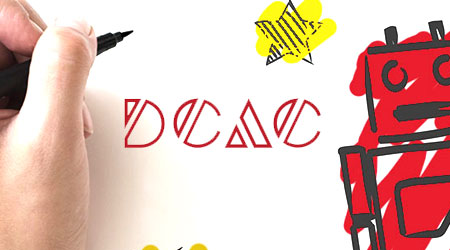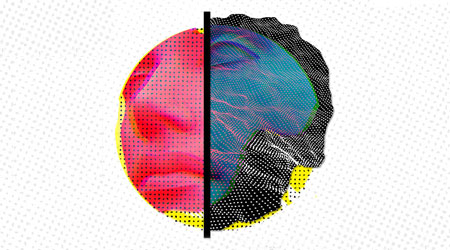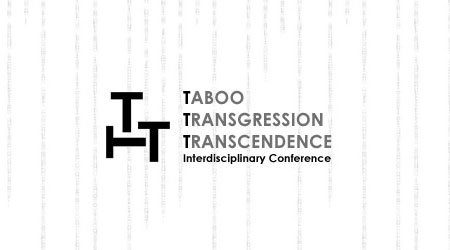Assistant Professor Angeliki Malakasioti and Associate Professor Apostolos Loufopoulos participate in ELO 2021 Conference and Festival: Platform (Post?) Pandemic which is organized by The Electronic Literature Organization (ELO), Aarhus University, Digital Aesthetics Research Center (DARC), The Bergen Electronic Literature Research Group (BEL), Washington State University Vancouver‘s Electronic Literature Lab (ELL) and dra.ft:, and which will take place from 26 to 28 of May.
Their participation consists of an interactive game-poem “Ode to a Fallen Dialogue”, written and designed by Angeliki Malakasioti with soundtrack and sound design by Apostolos Loufopoulos, which will participate in the exhibition of electronic literature ‘Platforming Utopias (and Platformed Dystopias)’, organized in the context of ELO 2021 Conference and Festival: Platform (Post?) Pandemic.
Exhibition launching will take place virtually on Saturday May 15, 2021 : https://uib.zoom.us/meeting/register/u5MpcuquqDMvH9eKKjzk6zkN0e0PyNncI_xa
Exhibition website:
https://eliterature.org/elo2021/platform/
Project website:
https://www.fallendialogue.com/
Launching Trailer:
About:
This interactive game-poem is an ode to the struggles of human communication. It reflects on the hardships of unfortunate dialogues, the splendor of reaching to the other side, the rise and fall of human connectedness, the agonies of stray meanings and words.
Expressed through the poetics of weather phenomena, this conceptually driven interactive work represents the mental landscape between two lovers, sometimes violent, sometimes resonating, a metaphor for the contemporary digitally mediated condition.
The work is inspired by early cyberspace theories that referred to an erotic ontology of digital experience. Michael Heim described the platonic dimensions of an augmented Eros. Roland Barthes on the other hand described language as the skin with which we struggle to touch the 'other'. In this game-poem, senses, meanings and ideas appear to be all permeated by the ‘spell’ of technology, a rhetorical as well as an erotic act of mediation through different worlds.
The reader/player is asked to become part of the dipole, to meander through poetic texts and tormented emotions, at times linear, other times bifurcating, while exploring a dialogue ‘atmosphere’ inspired by visual poetry. Endeavoring to reach the 'other side' through the use of spoken language, this piece of work is an affective journey to the tempests of a fallen dialogue.
Angeliki Malakasioti will also participate in ELO 2021 Conference and Festival: Platform (Post?) Pandemic with the scientific announcement and article publication titled “Digital Selfhood and its Mental Spatialities: Abstracts of Textual Constructs”. The conference slot will take place virtually on Thursday May 27, 2021.
(Εισαγωγή εικόνας, βλ. οδηγίες)
Abstract:
Early cyberspatial theories reflected on the qualities of computer mediated experience by introducing aspects of immateriality, incorporeality, symbolism, abstraction, as well as exploring the mental, perceptual, and psychological dimensions of digital experience itself. Electronic interactions have been described as platonically erotic, transcendental, allegorical, even ecstatic conditions, that still seem timely and compelling nowadays, even since the pre-pandemic era. Human mind appeared as an inherent ingredient of the digital phenomenon since its birth. On the other side, ideas such as ‘body amnesia’ or ‘fleshworld’, emerged denoting the rigidity of the physical body to reach the other side of the screen.
These days, the superfluous, excessive, sometimes obsessive use of digital technology, pervasive software as well as the internet of things have surpassed the Cartesian mind-body dualism and have given rise to novel hybrid approaches of our contemporary relation to technology. Hybridity has created space for intertextual interpretations of experience, that do not divide the notion of mind and body, but comment on the complex interactions of self with digital culture, through numerous differentiated contexts, evolving cyborg ontologies, alternate bodies, human-nonhuman systems, transformative personas, neuroarchaeological readings of cultural plasticity, all rendered through a daily mediated reality.
The study attempts to look at this ever-present conundrum, through an architectural point of view, venturing a theoretical quest on digital spatiality. Digital experience has always been inseparable from the metaphoric use of spatial concepts. At the same time, textual space constitutes an allegorical or symbolic construction with its own architecture, ambience, and other characteristics. Space is not only relating to the strict conception of geometry, physics, or mathematics, but also to an anthropological reading of existence, a quality that is often elusive and immeasurable, thus it helps define abstract, psychological, experiential phenomena, or in other words, that, which is in fact indefinable.
In this context, self takes the role of a mental dynamic, while space is interpreted as a metaphoric, volatile construction whose literary aesthetics emerge from digital culture. The idea of digital experience is approached though a series of textual-spatial concepts and projects that reflect on the space that is constructed in the interstitial area between the digitally platformed self and the mediated environment. This exploration takes the form of creative writings, chatbot interviews, exercises of verbal configurations, visual poetics, interactive game-poems and other abstracts of writing in both artistic and educational contexts. The overall idea of the digital mind-body interpretation takes the form of a series of mental spatialities that comment on our contemporary way of being in the digital world. In architecture, to read means to uniquely understand and thoroughly grasp the phenomena of the surrounding environment - in this case, space is translated in an altered vocabulary that helps us understand what it means to ‘read’ the contemporary self in a platformed culture.
The full article is published here:
More information on the conference website:
https://conferences.au.dk/elo2021/
